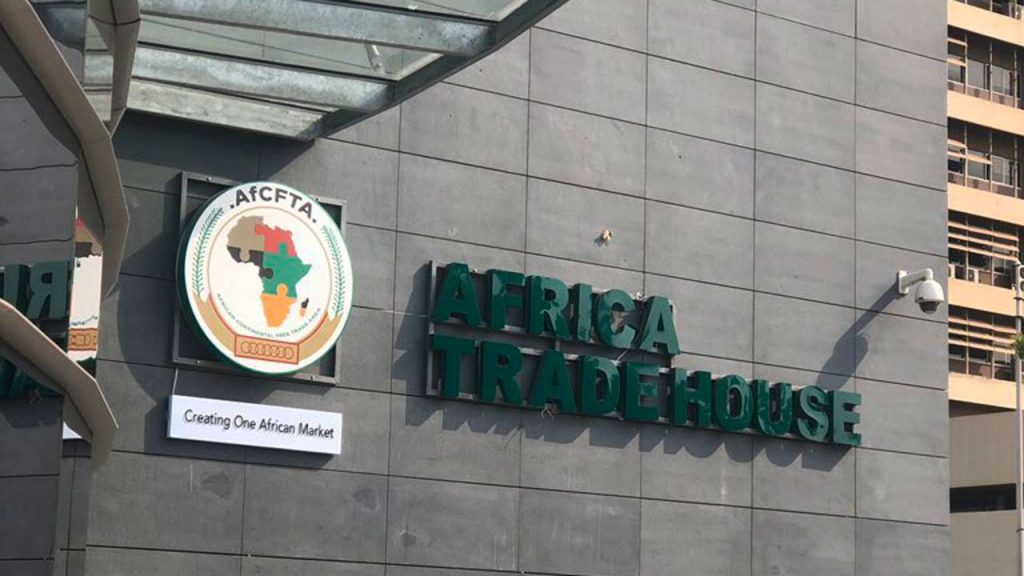
by Xinhua writer Wang Jiangang
Africa and China have an “unprecedented” opportunity for collaboration through the African Continental Free Trade Area (AfCFTA) agreement, the AfCFTA chief has told Xinhua.
Calling China “a strong partner to Africa,” Secretary-General of the AfCFTA Secretariat Wamkele Mene said that China has provided Africa with “significant development support and investment support” over the past decade.
“We are now in a position to offer China, as a partner, an investment destination that is based on the free trade area,” he noted, adding that the scope for cooperation could be in intellectual property rights, manufacturing, and the services sector.
“This AfCFTA provides the framework for us to continue that collaboration with China,” said Mene, adding that with the establishment of the AfCFTA framework, Africa has “overcome the market fragmentation that was there before.”
“If you’re an investor, you have now a seamless market of 1.2 billion people,” he said. Trading under the AfCFTA began Jan.1, making it the world’s largest free trade area in terms of participating member states after the formation of the World Trade Organization.
Data from the World Bank shows that the trade bloc will create a collective gross domestic product of 3.4 trillion U.S. dollars and has a potential of lifting up to 30 million Africans out of extreme poverty.
Talking about the impact of the COVID-19 pandemic, Mene said that the virus has had a negative impact on Africa’s economy. “In general, our export capacity reduced by up to 35 percent just this year alone,” he said.
The services sector, which contributes significantly to Africa’s combined GDP, experienced significant losses, he said. “Forty-two out of 55 countries last year were either in a full or partial lockdown, which meant that there were no goods that were transmitting through borders.”
“The impact was very, very significant. That is why we have been saying that in order for Africa to expedite the recovery, we have to implement this agreement quite aggressively,” he said.
Boosting intra-Africa trade “becomes the driver for Africa’s recovery,” said Mene. “This is the only path that we see for Africa’s collective recovery post COVID-19.” Noting that some countries around the world have significant stimulus packages and economic recovery interventions, with very few countries on the African continent able to follow suit, the AfCFTA head said that it is important that “we leverage on the tool that we have. And that tool, in my view, is the African Continental Free Trade Area and its potential for boosting intra-Africa trade post COVID-19.”
Mene said that typical trade agreements focus only on commerce, trade and investment, and they usually benefit big corporations.
“We want to fundamentally change that,” he said.
“We have to take direct interventions that will act in a way that affirms the role of young people and women in trade and other development oriented approaches, such as in industrial development, such as in intellectual property rights,” said the AfCFTA chief.
Not only does the international community have high expectations regarding AfCFTA, “we ourselves, as Africans, have high expectations, and we are determined to meet those high expectations,” said Mene.
Xinhua News Agency
 Africa -China Review Africa -China Cooperation and Transformation
Africa -China Review Africa -China Cooperation and Transformation
